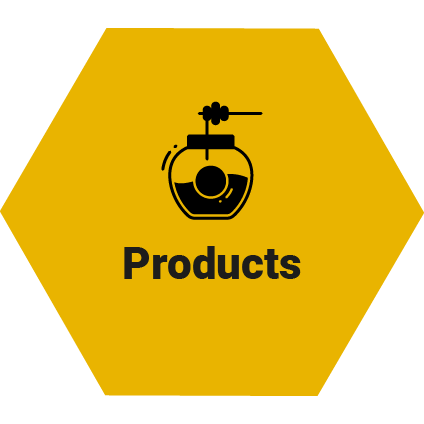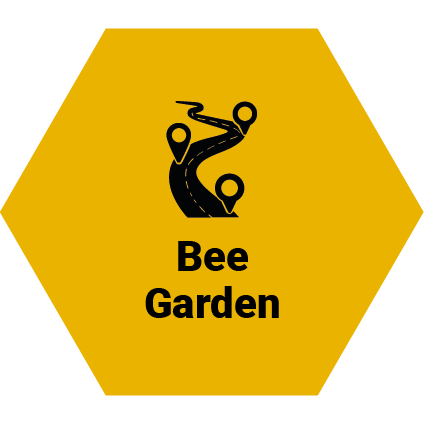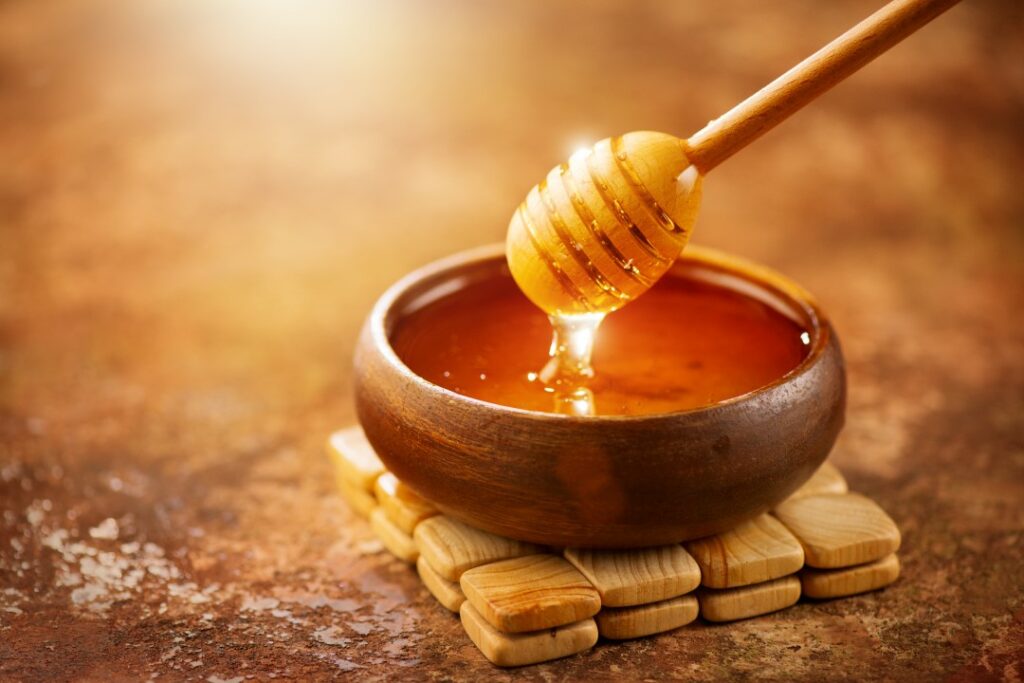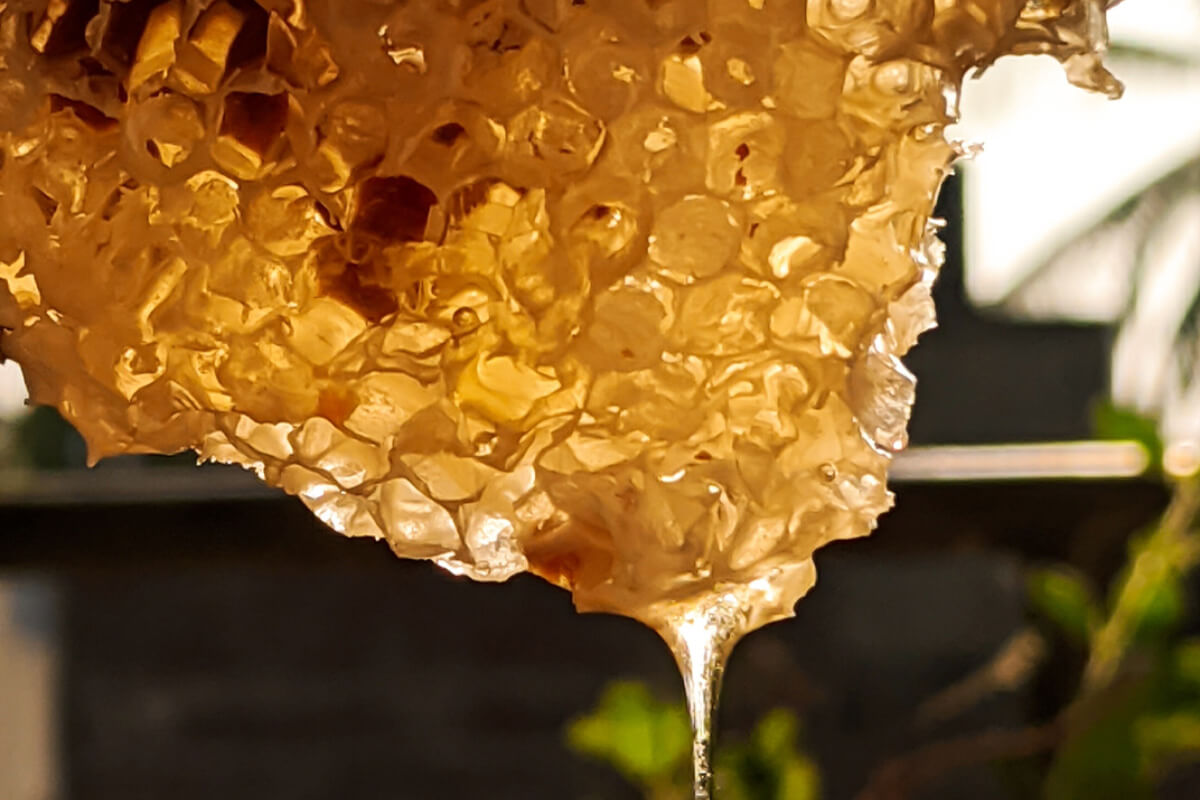We often get questions like “Is there organic honey? What is the difference between organic honey and conventional honey?”, “Can a beekeeper guide the bees where to forage? “.Questions that rightly concern the average consumer.
The honey which bees collect can be affected by:
1.The environment from which the bees collect their food
When this environment is disturbed by all kinds of pollution, such as pesticides, pollutants, etc., it is to be expected that both the plant and the bee are affected.
Therefore, the location of the apiary should be such that it is located within a radius of 5 km from the apiary site so that the sources of nectar and pollen are basically organic crops or native vegetation.
We choose areas where we know through our long experience that at least within a radius of 5 km, which is the radius of the bee, there are no contaminated sources, no use of pesticides or fertilizers.
For example, in Cholomontas where we have our headquarters and have maintained our apiary for a long time, there are such areas that are beneficial to beekeeping. We also find such areas on Mount Mainalo from which we collect honey ELATOVANILIA, at the entrance to Mount Athos 5 km south of Ouranoupolis, where we collect Reikomelo (honey of Sousura), but also within Mount Athos at the Holy Monastery of Megisti Lavra, from where we collect honey “Flamouri – Kastania”.
2.From the interventions made by the beekeeper in beekeeping, such as the way he manages the bee in terms of diseases.















